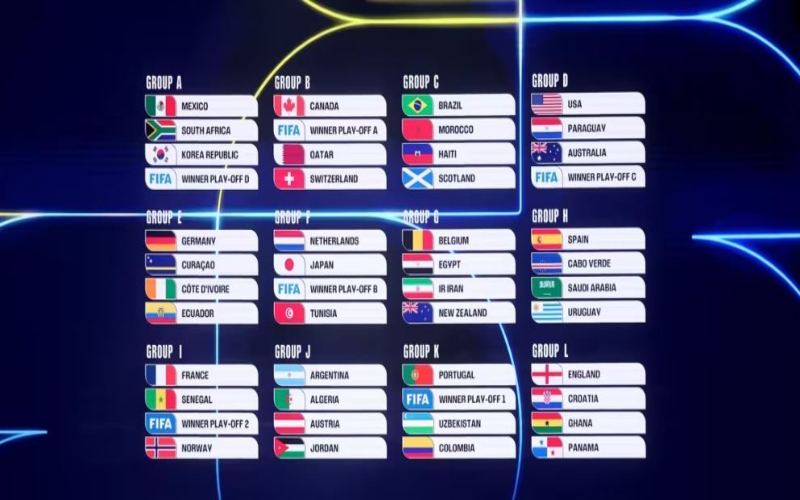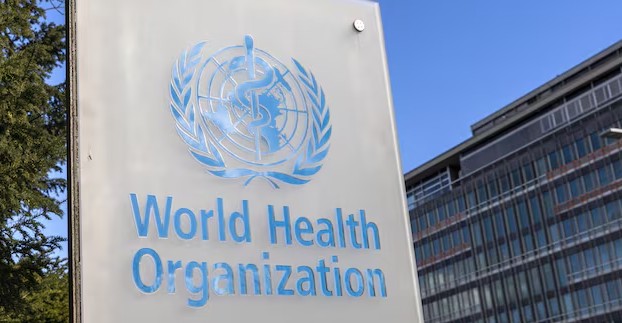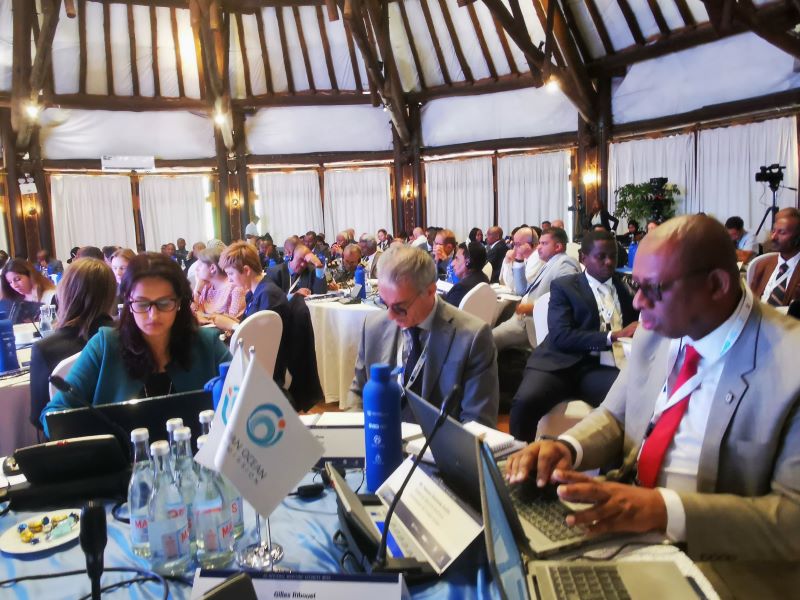Triton oil scandal: EACC arrests prime suspect Yagnesh Devani

EACC Spokesperson Eric Ngumbi said Devani was arrested on Tuesday at his offices in Nairobi.
The Ethics and Anti-Corruption Commission (EACC) has arrested Yagnesh Devani, the alleged prime suspect in the Sh7.6 billion Triton Oil scandal.
EACC Spokesperson Eric Ngumbi said Devani was arrested on Tuesday at his offices in Nairobi.
More To Read
- DPP withdraws Sh7.6 billion graft case against oil tycoon Yagnesh Devani
- Court blocks DPP’s bid to drop Yagnesh Devani's Sh7.6 billion fraud case
- Triton Oil scandal: Yagnesh Devani freed on Sh5 million cash bail
- Who is Yagnesh Devani? The tycoon behind Kenya’s biggest fuel scandal
- Arrest warrant issued against businessman Yagnesh Devani over theft of Sh1.5bn jet fuel
“The suspect was apprehended from his offices in Nairobi. He is now in custody at the Milimani Anti-Corruption Court, where he awaits arraignment,” Ngumbi said.
In a hearing before Magistrate Thomas Nzuki, the prosecution argued that Yagnesh Devani should not be allowed to return to his home country due to his 16-year fugitive status. The prosecution revealed that Devani had been subject to an arrest warrant since 2009 and requested that he be denied bond.
"The accused, Yagnesh Devani, has been evading justice for over 16 years. Given the circumstances, it is not appropriate to release him on bond while he is under an arrest warrant,” the court noted.
The court agreed, citing the importance of maintaining justice, and ruled against granting bond. The prosecution has been instructed to prepare new charges against Devani ahead of his next court appearance on Wednesday.
Devani is linked to the Triton scandal, which involved his company, Triton Petroleum Limited. As the executive chairman, Devani's company secured a lucrative contract to supply oil through a system meant to support local oil firms.
Billions in losses
The scandal erupted in 2008 when Triton Petroleum was implicated in the fraudulent handling of oil products, resulting in losses of approximately Sh7.6 billion (around $70 million) to banks and investors, including Kenya Commercial Bank (KCB) and Fortis Bank.
An audit revealed that between November 2007 and November 2008, Triton Petroleum Limited unlawfully obtained 126.4 million litres of oil. Triton, which had no entitlement to the stocks, received the oil without authorisation from financiers, violating contractual agreements.
The Kenya Pipeline Company (KPC) breached its agreement with financiers, which stipulated that oil stocks could only be released with their consent. Furthermore, KPC provided false statements regarding these stocks, exposing itself to legal action from financiers and defrauding oil marketers.
The financial impact of the scandal was estimated conservatively at Sh60 per litre, despite the average market price being Sh100 per litre at the time. During the scandal, the Kenya Revenue Authority (KRA) demanded Sh4 billion in unpaid taxes and penalties from Triton.
Additionally, KRA sought Sh2 billion in unpaid corporation taxes for the period ending December 2007 and penalties related to storage at the Kipevu Oil Storage Facility in Mombasa.
The scandal was further exacerbated by Triton’s alleged political connections, which may have facilitated preferential treatment at KPC.
Under President Daniel Moi's administration, Triton secured several lucrative contracts to supply petroleum products to the Kenya Power and Lighting Company. The central issue of the scandal involved Triton’s unauthorised access to oil reserves at KPC facilities, leading to the illegal sale of 126 million litres and a significant fuel shortage in Kenya.
Top Stories Today














































